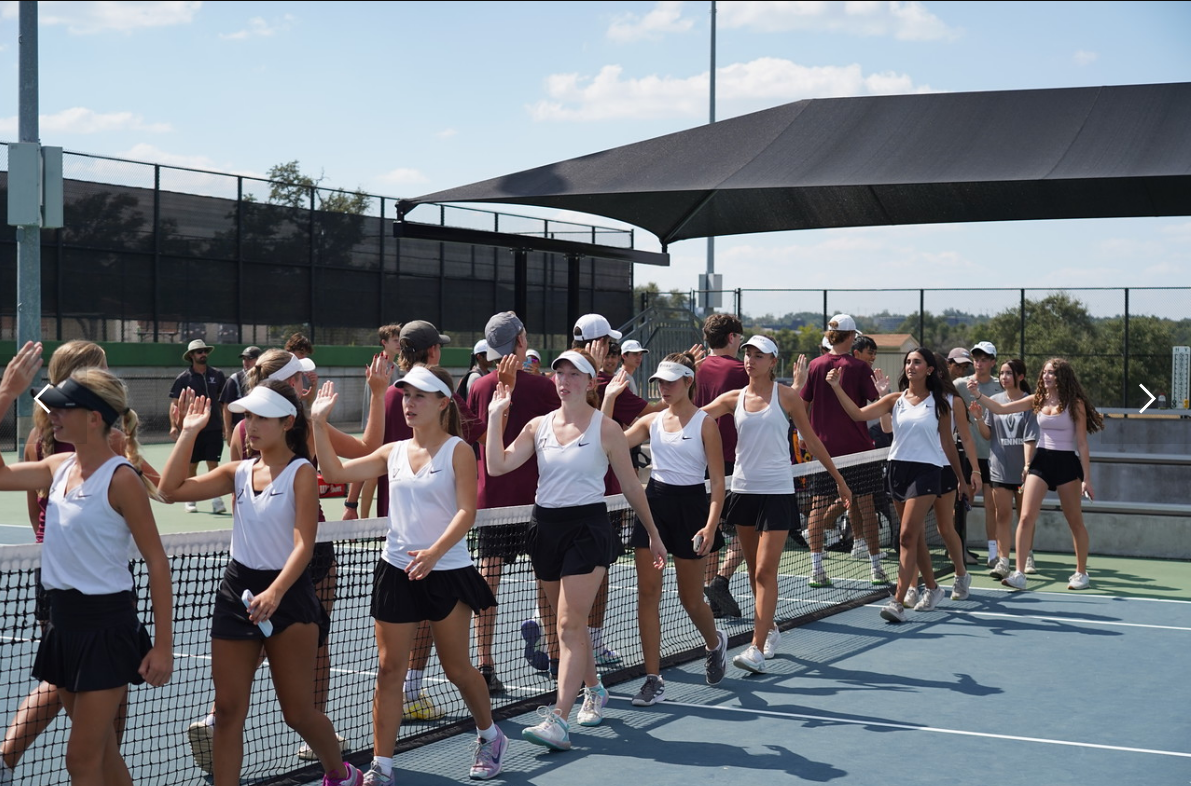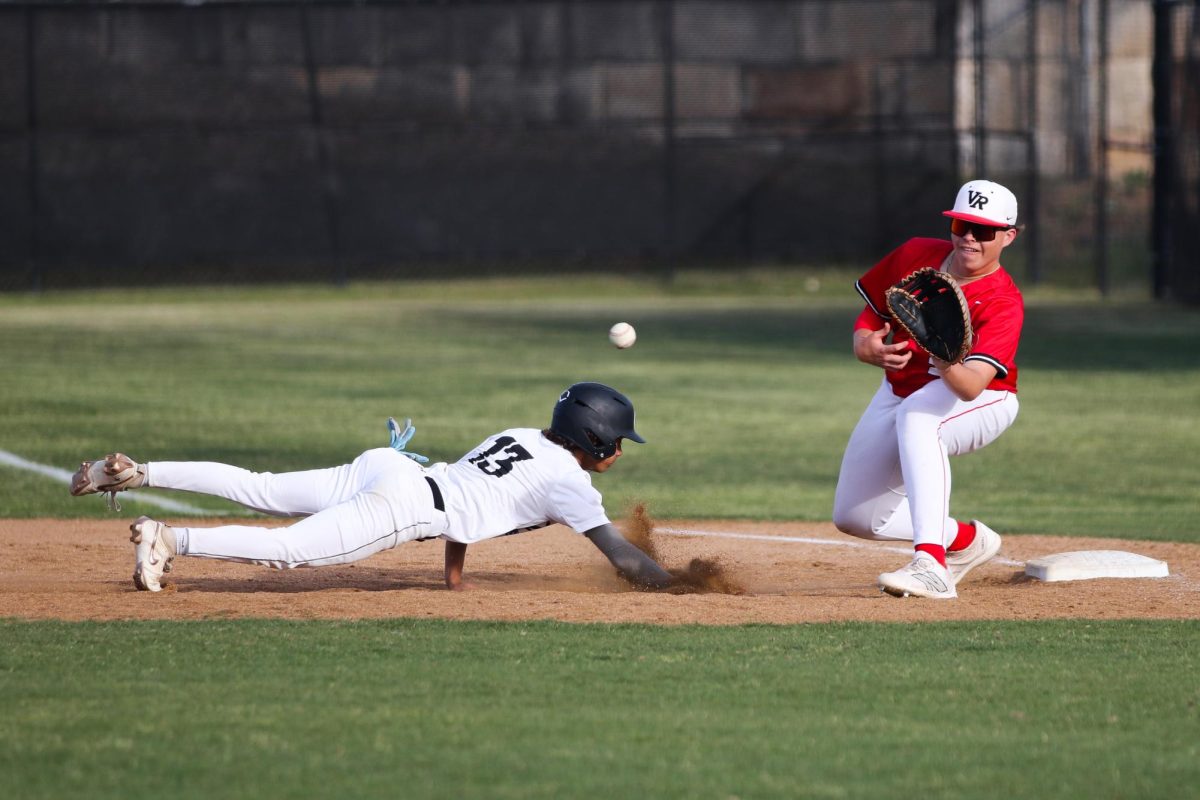Throughout the fall and winter months, sports fans from around the nation gear up to engage in Fantasy Football Leagues, making money and becoming subject to Fantasy punishments alike. In the spring, however, a new sports event is in town, and it doesn’t involve a helmet.
March Madness, a nickname given to the annual NCAA college basketball tournament, began on March 18, with the ‘First Four’ – a series of four games which narrowed the number of teams from 68 to 64. During the tournament’s 18-day run-time, fans will often create brackets on applications like NCAA’s official March Madness app or ESPN Tournament Challenge, to highlight their guesses on which teams will win in each game.
“I like that it’s not only the well known colleges and the best teams, literally any college can play,” senior Mykyta Pohrebniuk said. “It’s very interesting to look at how they play..”
Unlike the traditional NBA Cup, which is exclusive to NBA teams, March Madness focuses solely on collegiate basketball teams. The establishment of the NCAA bracket for game match-ups is a relatively complex process, with three phases. The making of fan brackets, however, is a different story.
“There’s always a chase for the perfect bracket, and trying to get every single pick in the 60 out of the 64 teams correct, [but] almost all brackets get busted by the first round,” senior Daniyal Zafar said. “It’s like a one in two trillion chance that you get a perfect bracket.”
According to Zafar, most fans base their brackets off of certain team metrics, such as their ability to shoot three pointers or their defensive strategies. However, a fair factor in the success of a bracket is luck.
“In the Final Four, Duke University lost to University of Houston, but everyone had [written] out [University of Houston],” Pohrebniuk said. “But then they came back, and that’s the madness about it. It ruined my bracket, unfortunately, because I had Duke winning the whole thing.”
Similar to the First Four, the Final Four is when the final four teams face off for a place at the Championship Game, which took place on April 7. As Pohrebniuk described, ‘upsets’ (when a lower-seeded team defeats a higher-seeded team) can often make or break a March Madness Bracket.
“Fantasy football is a lot more fun [to play] because that doesn’t require as much luck,” Zafar said. “But for entertainment value, I prefer watching March Madness, because you can see crazy upsets.”
Though Fantasy Football often includes a punishment at the end for the loser, March Madness brackets generally don’t involve punishments. However, depending on the group, they can include betting pots, with the winners being those with the most accurate brackets.
“It’s so unpredictable,” Pohrebniuk said. “Any team can lose, any team can win, and that’s why it’s called March Madness.”









